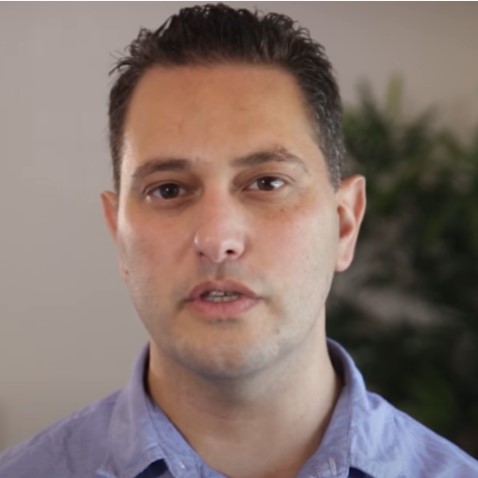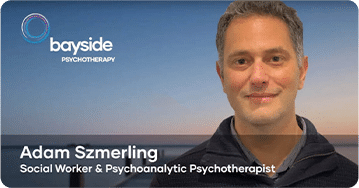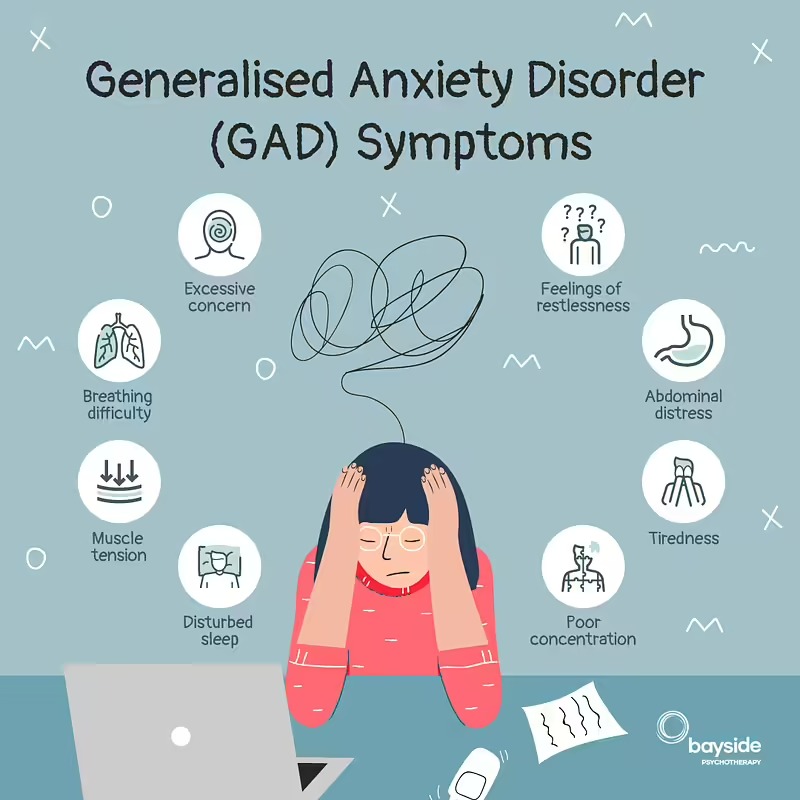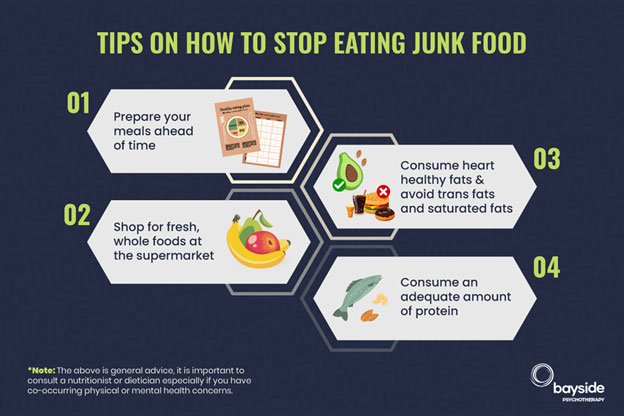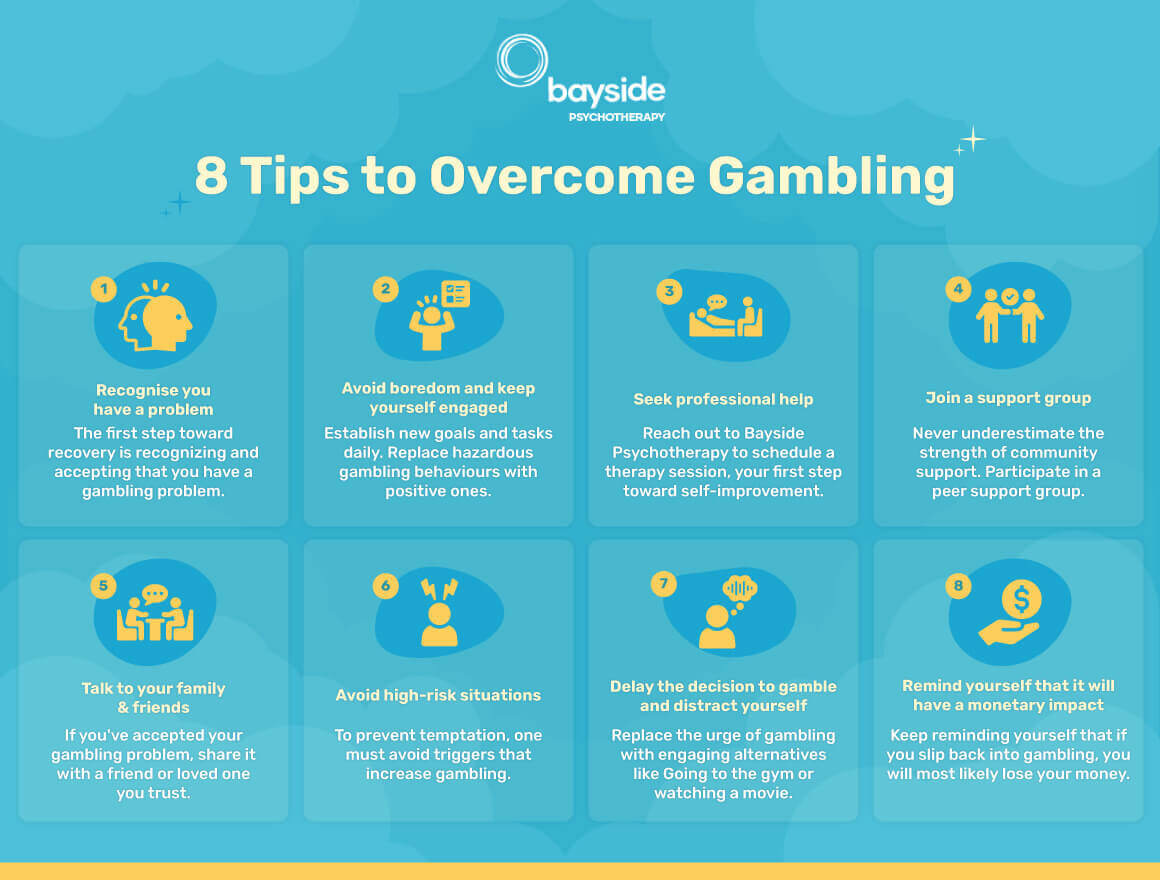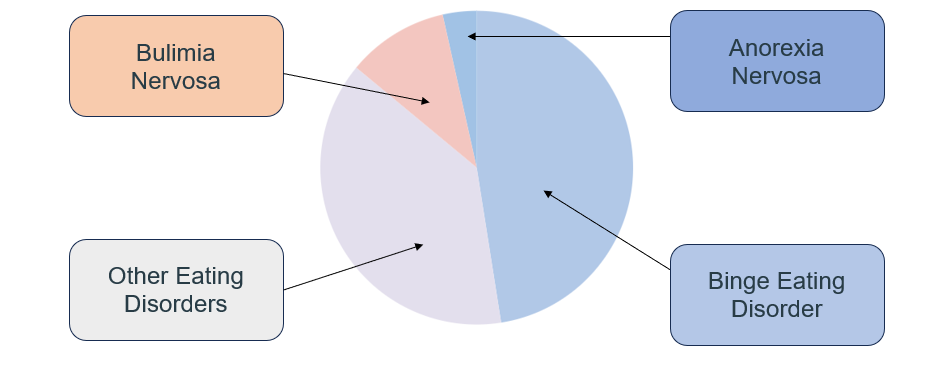Erectile dysfunction effecting gay and straight men
It is expected that as we age, there will be changes in our erection function. The Viagra Web site claims that half of all men between the ages of 40 and 70 experience at least occasional erectile dysfunction symptoms. For gay (and straight) men these changes are often anything but acceptable.
It’s very usual for part of a gay (or straight) man’s self-esteem to be bound up in his sexual ‘performance’. When we notice even a small change, it results in being a very issue in their minds.
This change occurs as men grow older. According to Adams, (2003), studies have shown that about 5% of men in their 40s experience symptoms of erectile dysfunction, such as erections that aren’t quite as hard or the occasional difficulty in getting aroused, with the percentage climbing significantly as men age.
Some of the physiological causes of erectile dysfunction can occur from poor arterial flow to low testosterone levels. The constant use of amphetamines can exasperate the problem.
After an all clear from the medical practitioner many instances of erectile dysfunction is primary a psychological issue. When a male experiences erectile dysfunction for the first time he may experience significant anxiety. Anxiety usually leads to the heightening of the Autonomic Nervous System (ANS). In turn the blood is diverted from the stomach and as blood carries oxygen as much blood as possible is sent to the extremities to make the muscles strong in readiness for flight or fight. An erection is dependent on blood supply and the state of heightened ANS is counterintuitive to gaining an erection. To exasperate the situation the male then begins to have negative thoughts such as “what is wrong with me?” “I cannot get it up” and so forth. There is also the partner’s reaction at the time this occurs to consider.
The next time the male is thinking about or is about to have sex he may become anxious, a myriad of negative thoughts ‘radio gloom and doom plays’ his ANS becomes heightened and a maladaptive cycle occurs. In many instances he fears a reoccurrence and this often leads to avoidance of sex.
Working with clients with erectile dysfunction I use a three pronged approach. Firstly it is salient to take them through the process of learning how to take control of the heightened ANS. Secondly gently challenge the negative thoughts and thirdly learning strategies to get back into the moment and re-enjoy the pleasures of sex.
Working with my clients I use a combination of the following methods to achieve this, including cognitive behavioural therapy (CBT), mindfulness, biofeedback and hypnotherapy.
Talking about our sexual issues to a stranger is at the least confronting for many. It is so important for the therapist to provide a confidential safe space and know you will not be judged.
John Arber
M. Soc. Sci. (Human Services Counselling)
Adams, B, 2003. Advocate (902), p38-40. 3p
Here are a couple of blogs written on this topic you might find useful:
Choosing the right therapist: The 5 mo...
Choosing the right therapist can be difficult. Different problems and diff.
Creating Healthier Workspaces: How str...
Employee mental health is pivotal to overall workplace wellbeing, impacting individual performance, job satisfaction, and organ.
From High Stakes to Healing: 8 Tips To...
Gambling activities have become more accessible and convenient due to the proliferation of casinos and the rapid growth of online gambling platforms. Mo.
An Examination of Bulimia Nervosa Amon...
Bulimia nervosa is a serious eating disorder that can significantly impact an individual's physical and psychological health. Characterised by recurrent.

